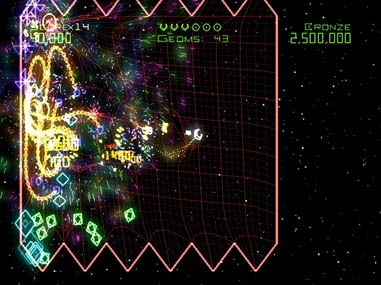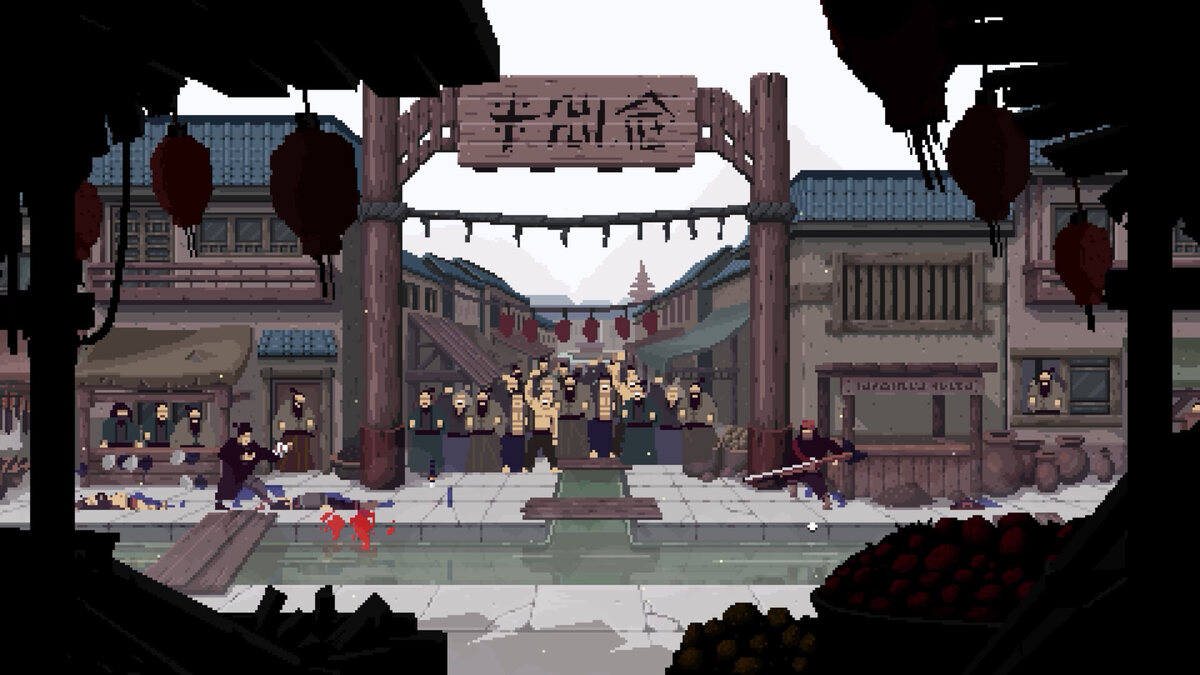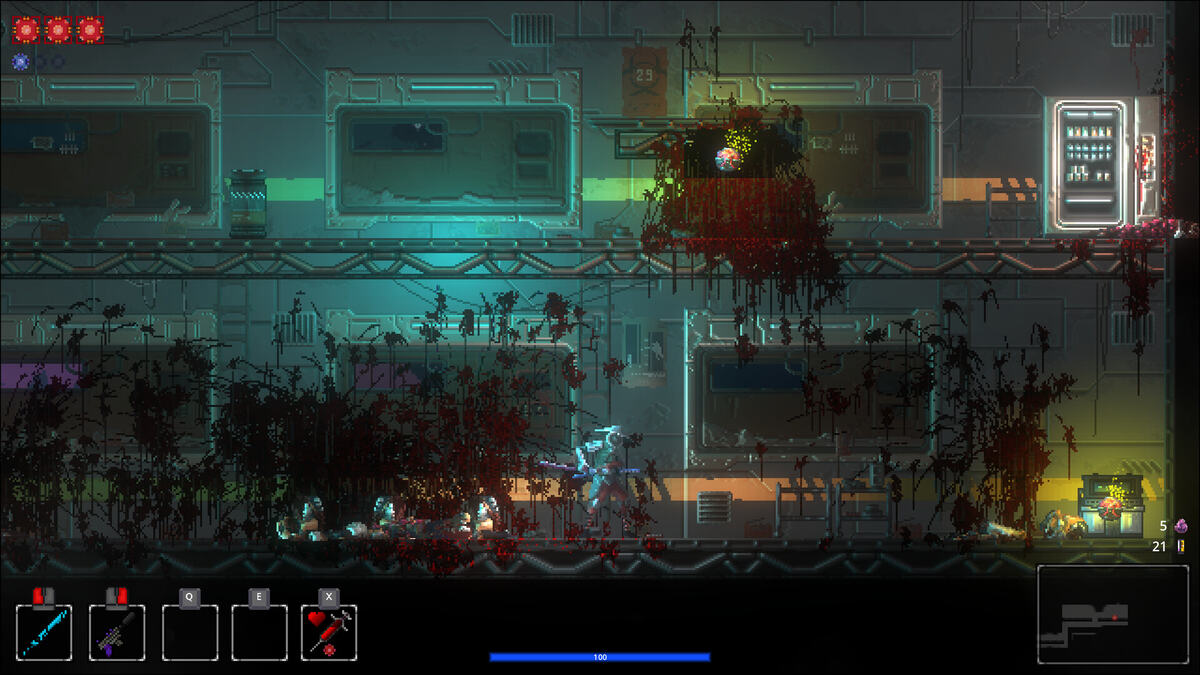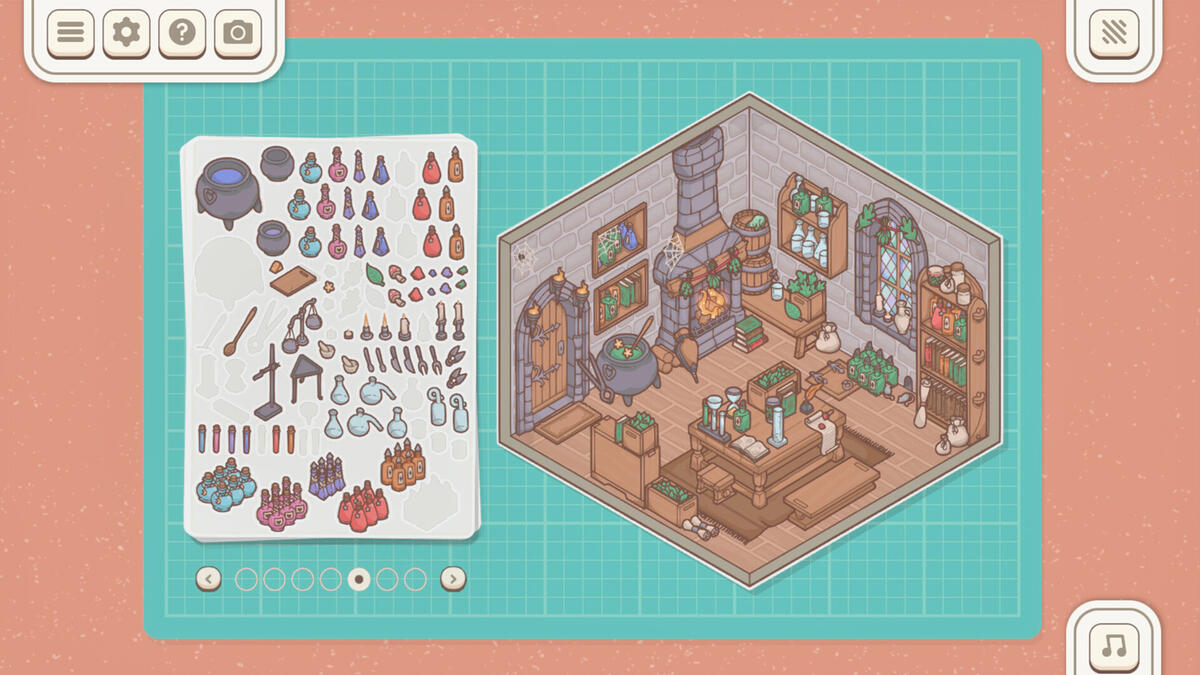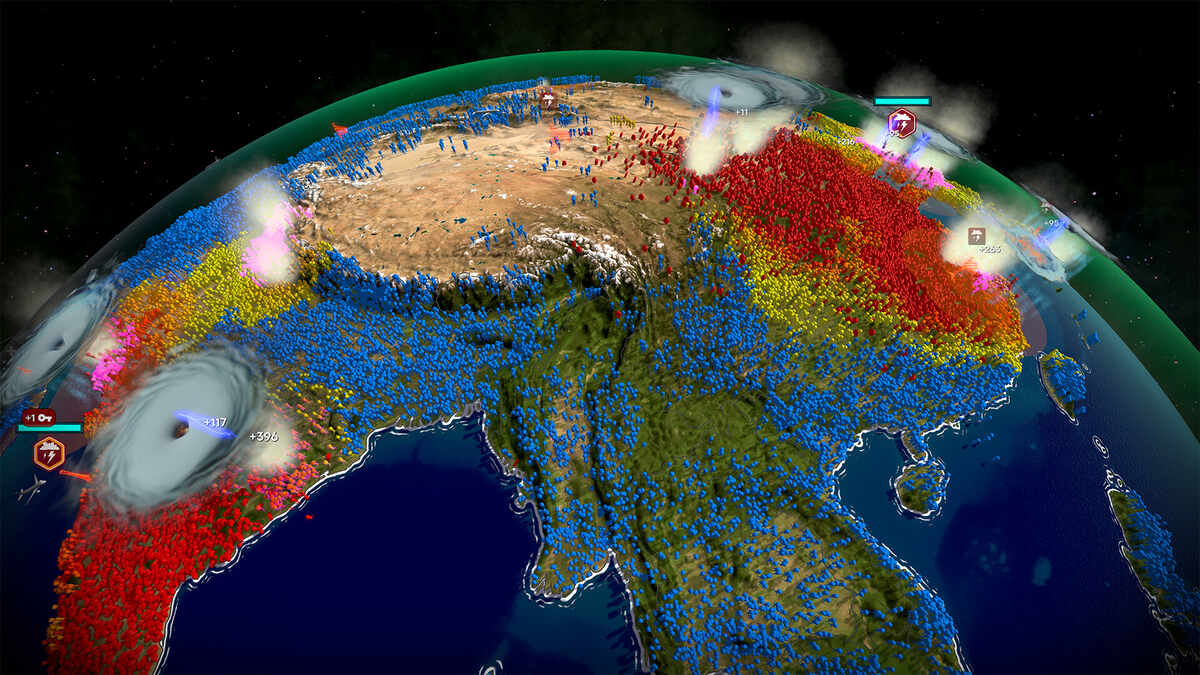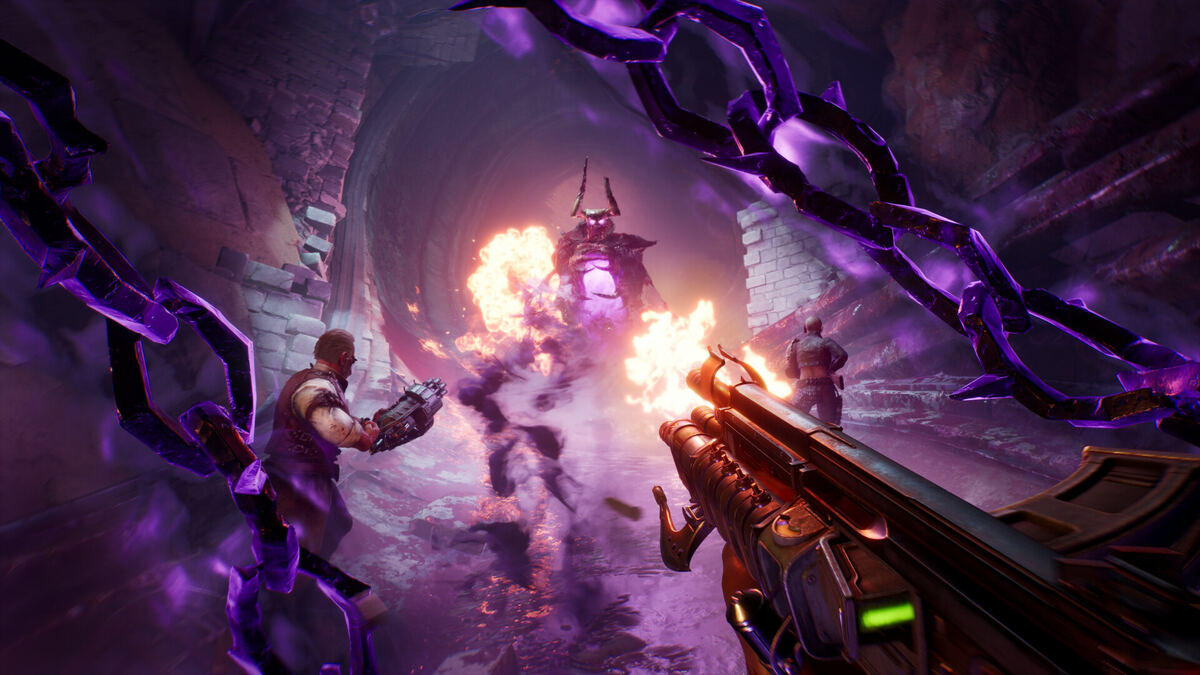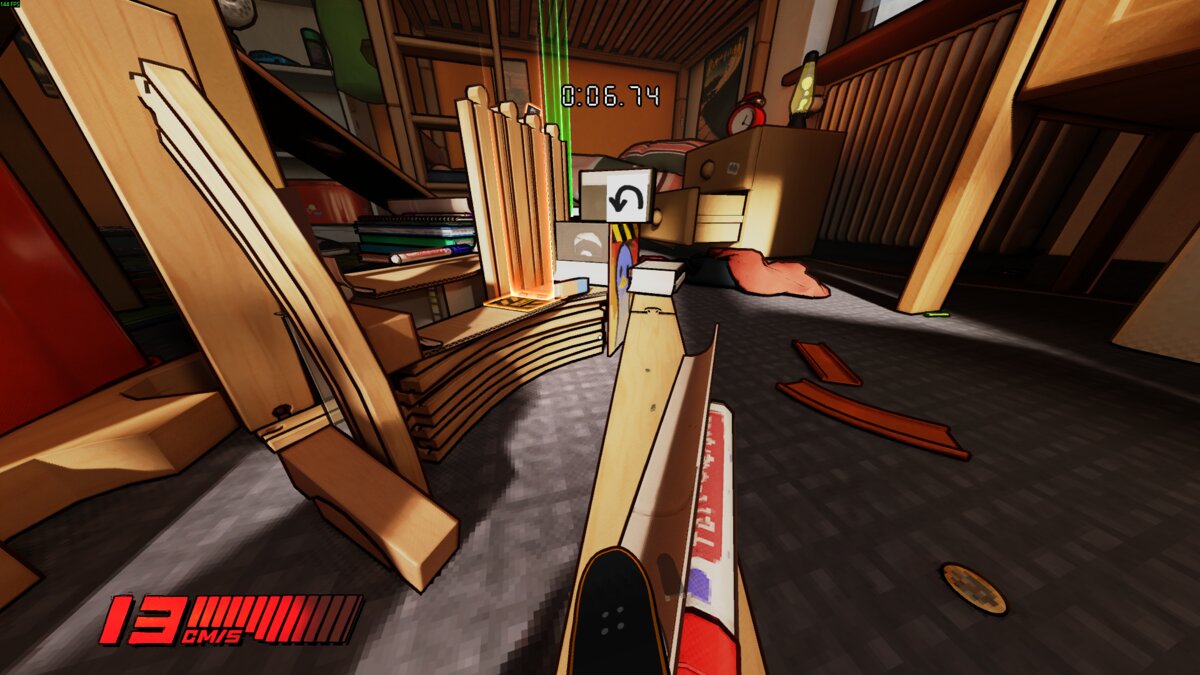You can trust VideoGamer. Our team of gaming experts spend hours testing and reviewing the latest games, to ensure you're reading the most comprehensive guide possible. Rest assured, all imagery and advice is unique and original. Check out how we test and review games here
Deep in the badlands of Surrey, Pro-G visited one of Kuju’s numerous studios to have a look at Geometry Wars Galaxies, the sequel to the hugely popular Xbox LIVE Arcade shooter. While there we managed to sit down with the game’s Senior Producer Roger Carpenter, and talk over the new features fans can expect to see in the game.
Pro-G: Geometry Wars has to a certain extent revitalised a genre that had gone underground. Why do you think it is that is so special about the game?
Roger Carpenter: Obviously it’s Bizarre’s product, but from my own personal perspective, there’s a couple of things at play. Firstly, there’s a generation out there who grew up with that style of gaming. That’s what they remember. They remember arcade cabinets. But it’s also that in a next-gen world, the simplicity of the product, that at the same time was visually very attractive, was just spot on. It hit the nail on the head, and yes, it has been responsible for revitalising a certain style of shooter, and there are a lot of them that are doing similar things and good things.
Pro-G: So professionally and personally, where does your experience of shooters lie?
RC: Actually I have, apart from my own experience of gameplay, in terms of production, no shooter experience. Craig Howard is an absolute shooter fanatic who is the design guy over at Bizarre. My background is completely different.
Pro-G: So not even a misspent youth in front of any shooters?
RC: Well, yeah. I grew up with the Spectrum days, so all the various shooter clones that were on there, such as the Smash TV clones and stuff.
Pro-G: Geometry Wars Galaxies still seems to avoid overly complex shooter mechanics. Why was there a decision to keep it so simple?
RC: In one sense, don’t try to fix something if it ain’t broke, if people recognise it and get on with it. There are many cases within the industry where people go ‘yeah, it would be really nice to add a few more layers to this, this and this’, and completely bust the game apart. We’ve been stepping very carefully with Galaxies to make sure the changes we make, from Bizarre, Kuju and Sierra, don’t do that in any way.
Pro-G: Speaking of changes, how does the new single-player campaign work then?
RC: It’s very, very basic really. The idea is that you have galaxies. Within the galaxies are solar systems, and within those solar systems are planets. The idea is that you are supposed to battle your way through each, level by level, through the planets, complete all the planets in each solar system, and eventually win all the solar systems, and the galaxy.
Pro-G: The visual style seems largely unchanged. Why did you decide to stick with Retro Evolved’s look?
RC: Well, it’s a very distinctive style, and a classic arcade style, that has become synonymous with Geometry Wars. Bizarre know what their IP has become. The ship is iconic, and the way it functions has become iconic. The grid is distinctively Geometry Wars. It has a look now, that means when you see it you instantly think ‘that is Geometry Wars’. There might be different content now, but you still see that it is Geometry Wars, just like the way you see different kinds of Mario game, but instantly know they are all part of the same Mario world.
Pro-G: How are Bizarre and Kuju working together on this one?
RC: Well, the choice of developer was through Sierra, with consultation from Bizarre all the way. Bizarre are the licenser of the product and Kuju are the developer, so the relationship is a three way relationship, and we all talk to each other very, very regularly. There is a lot of input and a lot of movement of information between the three groups, and a lot of chatter, and it is a very healthy way to develop a product.
Pro-G: What multiplayer options are going to be included in Galaxies?
RC: The one everyone will be expecting is co-op mode, and we deliver that, in pure, unadulterated Retro Evolved format. It is what you’d expect. On the Wii it uses two controllers and one console, and on the DS you will use two machines, with gameshare ability. The other mode that we can talk about for now is Hot-seat mode, which is pretty obvious. You pass a controller or DS around so friends can play in a multiplayer way without two carts or multiple controllers.
Pro-G: Any advantages for players who purchase both formats and link the two together?
RC: Yes. We very much consider this as a sister and brother product, so it has been designed from the outset so that there will be a benefit and a reward for owning both. For example, we will allow for quite considerable additional content to be added to the galaxy mode, to extend the gameplay for both products.
Pro-G: Any developments in the functionality of the ship and its firepower?
RC: The ship will remain as you see it. There is no change planned for the ship.
Pro-G: So what about the drones that follow your ship?
RC: They are not the ship! With the drones there will be various behaviours, and they will have certain firepower, but you will have to wait and see.
Pro-G: Finally, just how will the DS and Wii control schemes work in Galaxies, when previous versions of the game have relied so heavily on twin-stick inputs?
RC: With the Wii, the remote directs the direction of fire, and the Nunchuck controls the ship, obviously meaning if you are left handed you can swap the controllers to suit. The Wii remote trigger button is your fire, and the smart bomb is set on the Nunchuck. On the DS we mix it up a bit more than that. You use the stylus to aim your firing, and the d-pad to move your ship. The X, Y, A and B buttons can also be used for firing, and we’ve done some nice work on that so that you can get all the degrees and angle on the firing. How you use those controls is up to you.
Pro-G: Thanks for your time.
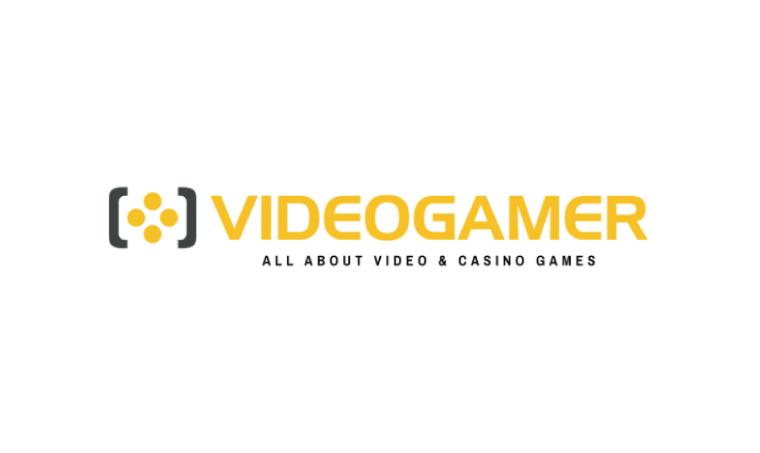
/https://oimg.videogamer.com/images/a043/geometry_wars_galaxies_7-41083.jpg)
/https://oimg.videogamer.com/images/4f72/geometry_wars_galaxies_5.jpg)
/https://oimg.videogamer.com/images/872c/geometry_wars_galaxies_11-41087.jpg)
